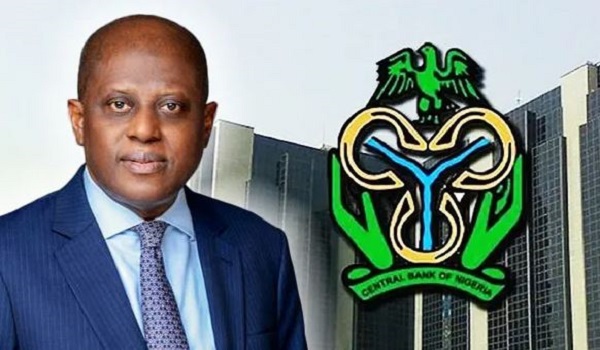The Central Bank of Nigeria (CBN) has successfully cleared all foreign exchange (FX) obligations owed to foreign airlines operating in the country, announcing the completion of the final tranche amounting to $64.44 million. This payment concludes the total disbursements to airlines at $136.73 million, settling all verified claims within the sector.
Mrs. Hakama Sidi Ali, the Acting Director of Corporate Communications at the CBN, confirmed the accomplishment on Tuesday, highlighting the central bank’s commitment to resolving outstanding FX obligations across various sectors. Governor Olayemi Cardoso and the CBN team are reportedly “doubly committed” to clearing the entire backlog and restoring confidence in the market, with the airline sector payment representing a significant step towards achieving this objective.
Beyond addressing existing debts, the CBN is actively collaborating with stakeholders to enhance liquidity within the FX market, aiming to alleviate pressure on the Naira. Mrs. Sidi Ali expressed optimism that the latest injection of $64 million would positively impact the market. However, she cautioned against speculative practices and urged market participants to act responsibly.
The CBN’s statement emphasizes the importance of public support for its foreign exchange market reforms, seeking backing from Nigerians to promote orderliness and professional conduct. This approach, according to Mrs. Sidi Ali, will enable market forces to determine exchange rates naturally, fostering a more sustainable and efficient system.
The recent tensions with Emirates Airlines serve as a reminder of broader challenges within the aviation industry. The brief suspension of Emirates highlighted the significant impact that the FX backlog can have on passenger traffic and overall aviation operations. Addressing specific concerns from airlines, including Emirates, is deemed crucial for preventing future disruptions and ensuring seamless air travel connectivity for Nigeria.
While the CBN’s settlement of airline debts is a positive step, fostering greater transparency, addressing concerns, and collaborating with stakeholders will be essential for repairing strained relationships, preventing future disruptions, and achieving full market recovery. The CBN’s commitment to resolving the broader FX backlog offers hope for restoring confidence in the Nigerian foreign exchange market.
























